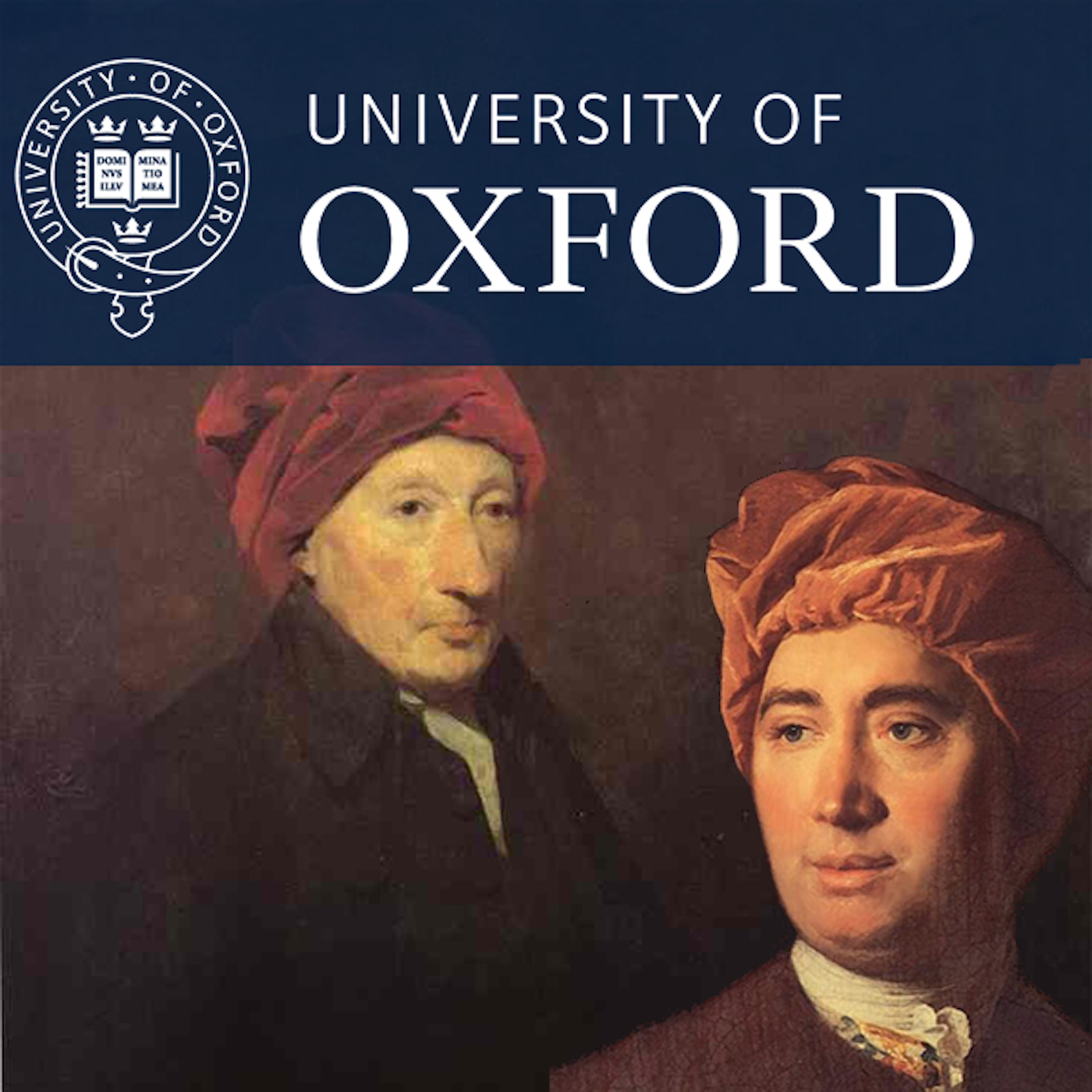Is this your podcast?
Sign up
to track ranks and reviews from Spotify, Apple Podcasts and more
Reid's Critique of Hume
Under “David Hume”, the Stanford Encyclopedia of Philosophy begins with, “The most important philosopher ever to write in English”. His most formidable contemporary critic was the fellow Scot, Thomas Reid, the major architect of so-called Scottish Common Sense Philosophy. The most significant features of Hume’s work, as understood by Reid, are the representive theory of perception, the nature of causation and causal concepts, the nature of personal identity and the foundations of morality. Each of these topics is presented in a pair of lectures, the first summarizing Hume’s position and...
Recent Episodes
The final part of Professor Dan Robinson's series on Reid's critique of David Hume. “Like all other sciences, morals must have first principles, and all moral reasoning is based on them... In all rational belief, the thing believed is either a first principle or something inferred by valid...
Published 05/14/14
The seventh part of Professor Dan Robinson's series on Reid's critique of David Hume. In his Enquiry Concerning the Principles of Morals [1751], Hume states: “The final sentence, it is probable, which pronounces characters and actions amiable or odious, praise-worthy or blameable; that which...
Published 05/14/14
The sixth part of Professor Dan Robinson's series on Reid's critique of David Hume. In the third of his Essays on The Intellectual Powers of Man, Reid devotes the fourth chapter to the concept of 'identity', and the sixth chapter to Locke's theory of 'personal identity'. This latter chapter is...
Published 05/14/14
Do you host a podcast?
Track your ranks and reviews from Spotify, Apple Podcasts and more.
See hourly chart positions and more than 30 days of history.
Get Chartable Analytics »
See hourly chart positions and more than 30 days of history.


